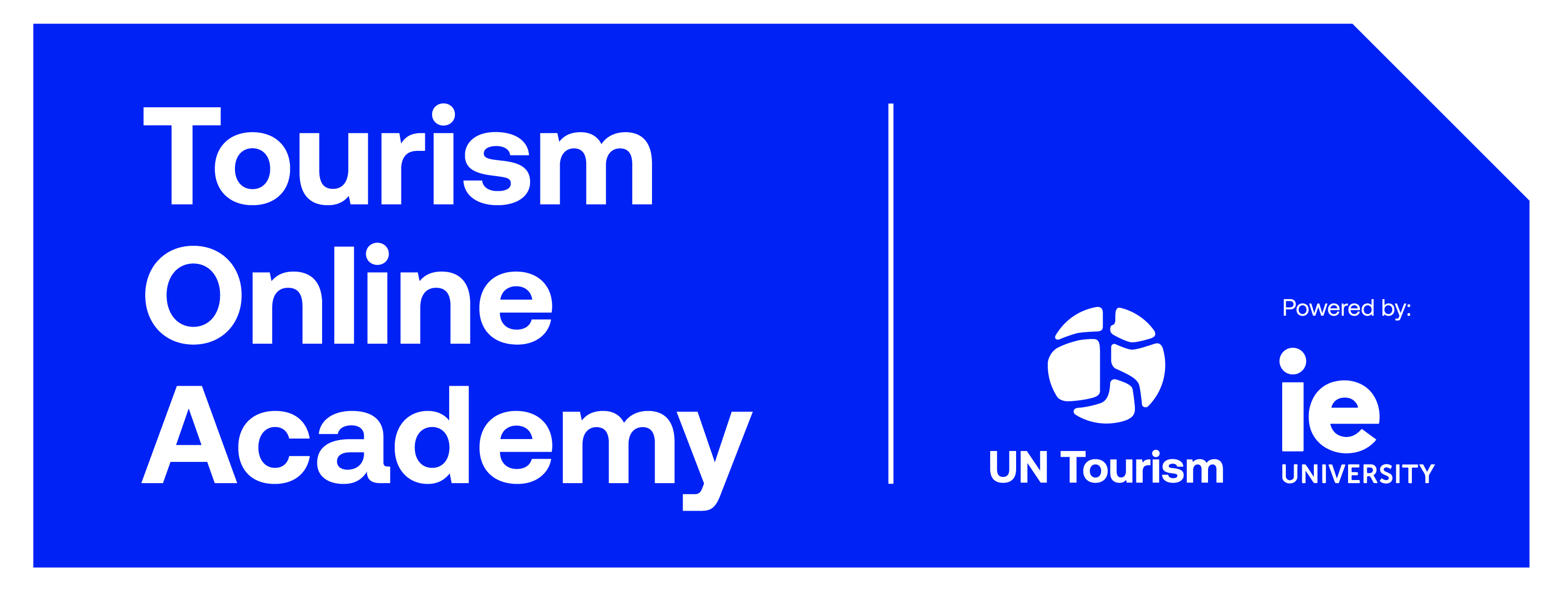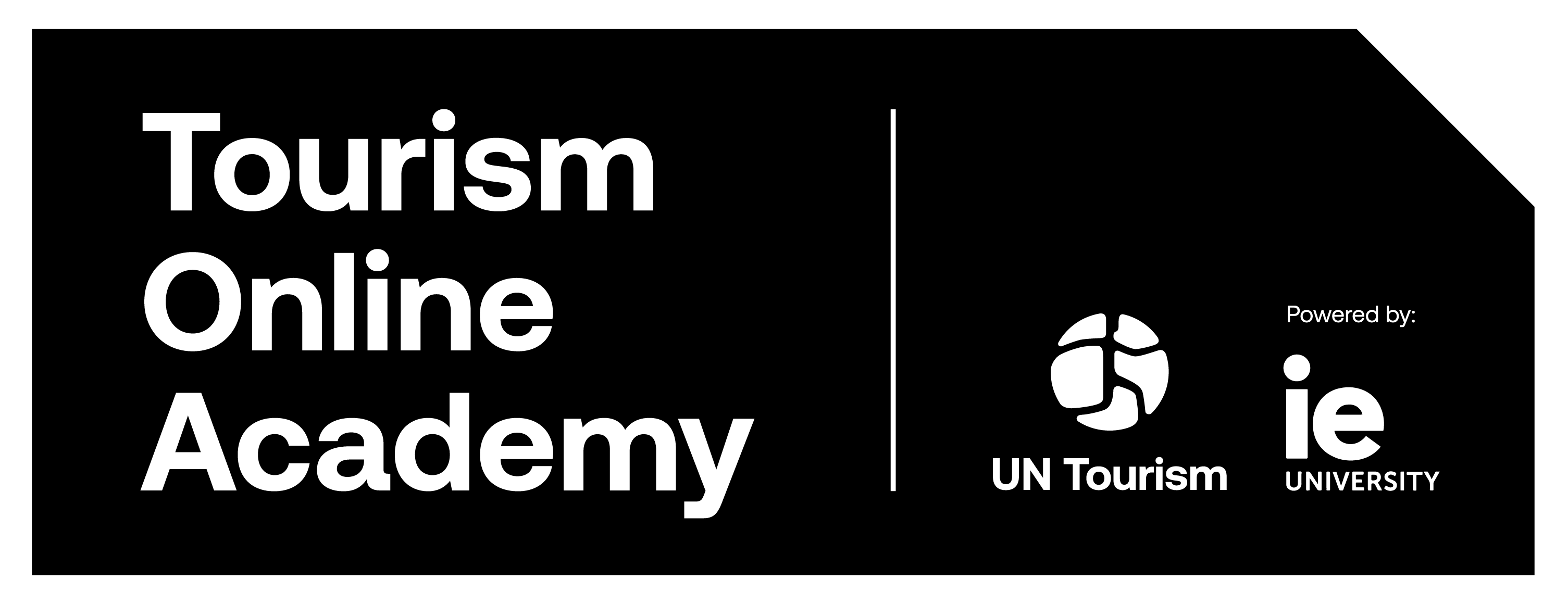No posts were found.
A recent insight report from the World Economic Forum, "Travel and Tourism at a Turning Point," outlines that the sector is at a crossroads, facing unprecedented growth opportunities alongside significant challenges. The report claims that this pivotal moment is driven by a wave of technology that promises a future of hyper-personalized and seamless guest experiences, from AI-curated itineraries to IoT-enabled rooms that anticipate our every need.
Discover how to enroll in a course step-by-step so you can start your learning journey. Follow this simple guide to complete the process efficiently.
In today’s rapidly evolving world, both the media sector and education share a similar predicament in terms of how to adjust to new technology. As someone who has worked in the digital media space for over 13 years, I have witnessed massive changes in how people consume their daily news, I’ve seen century-old revenue models collapse, and attention spans shorten.
No posts were found.
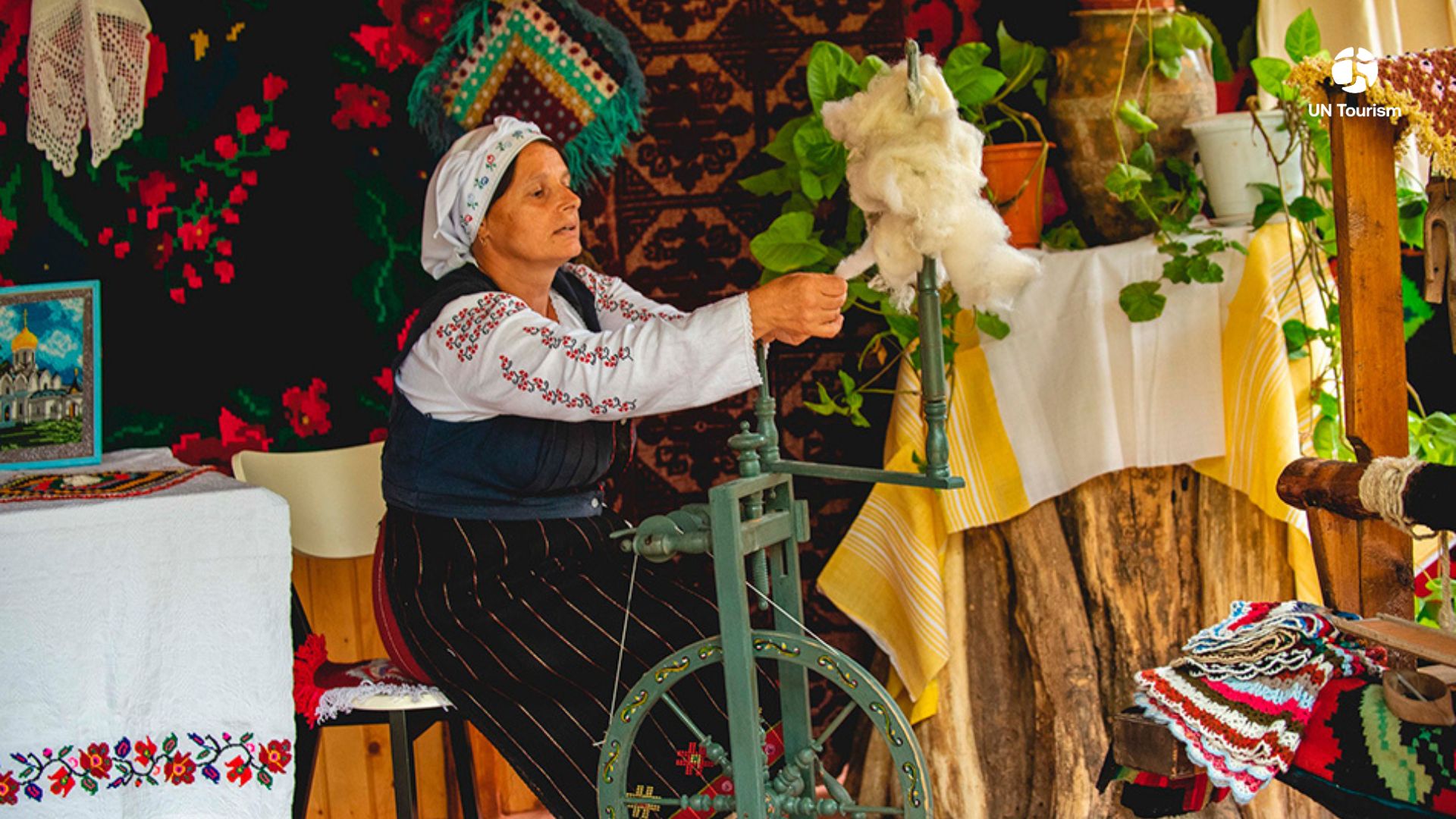
This MOOC is designed to help participants tackle the unique challenges and opportunities in rural tourism through a human-centered, problem-solving approach. The course offers practical tools and methodologies for developing innovative, sustainable, and community-driven tourism solutions. By focusing on design thinking, it enables learners to create tourism experiences that support local economies while preserving the cultural and environmental heritage of rural areas. The course covers topics such as stakeholder engagement, sustainable development, and creative problem-solving, using real-world case studies and best practices to provide actionable insights. Whether you're a rural tourism entrepreneur, community leader, or tourism professional, this MOOC will equip you with the skills to design and implement effective, sustainable tourism products and strategies for rural destinations.

This MOOC is designed to help participants tackle the unique challenges and opportunities in rural tourism through a human-centered, problem-solving approach. The course offers practical tools and methodologies for developing innovative, sustainable, and community-driven tourism solutions. By focusing on design thinking, it enables learners to create tourism experiences that support local economies while preserving the cultural and environmental heritage of rural areas. The course covers topics such as stakeholder engagement, sustainable development, and creative problem-solving, using real-world case studies and best practices to provide actionable insights. Whether you're a rural tourism entrepreneur, community leader, or tourism professional, this MOOC will equip you with the skills to design and implement effective, sustainable tourism products and strategies for rural destinations.
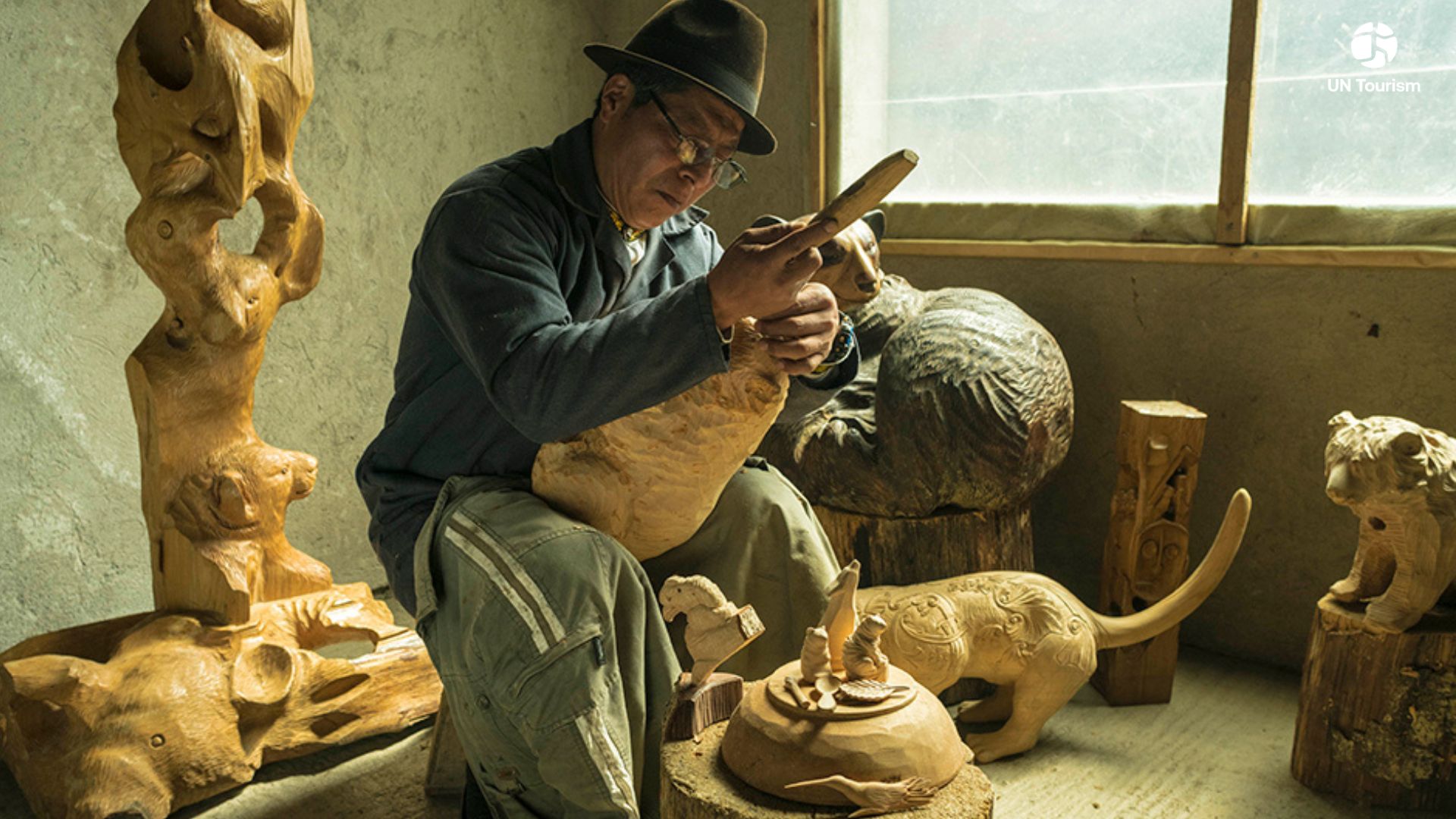
This MOOC is designed to help participants recognize opportunities, engage with stakeholders, create meaningful experiences, and apply effective marketing strategies. With a strong focus on sustainability and responsible tourism, it incorporates real-world case studies and best practices. By the end of the course, participants will be equipped to develop and promote rural tourism initiatives that benefit local communities. It is ideal for destination managers, travel agents, tour operators, entrepreneurs, community leaders, marketers, researchers, government officials, and non-profit professionals committed to fostering sustainable rural tourism

This MOOC is designed to help participants recognize opportunities, engage with stakeholders, create meaningful experiences, and apply effective marketing strategies. With a strong focus on sustainability and responsible tourism, it incorporates real-world case studies and best practices. By the end of the course, participants will be equipped to develop and promote rural tourism initiatives that benefit local communities. It is ideal for destination managers, travel agents, tour operators, entrepreneurs, community leaders, marketers, researchers, government officials, and non-profit professionals committed to fostering sustainable rural tourism
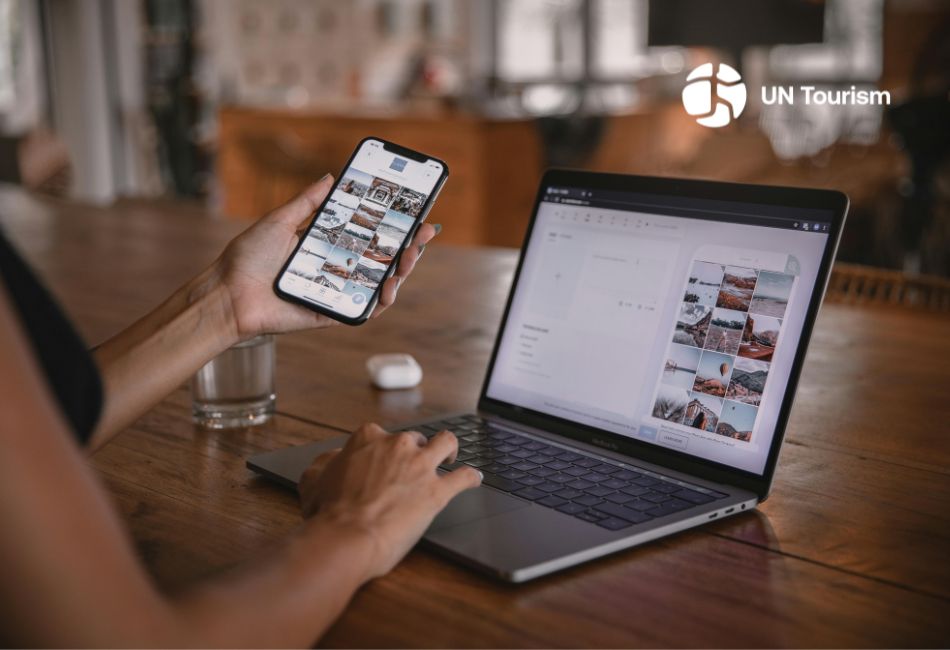
This MOOC (Massive Open Online Course) is designed for tourism professionals who want to explore digital influences and trends in the industry. Led by experts in communication and marketing, this 100% online course covers influencer marketing, content creation, audience engagement, and strategic positioning within the tourism sector. Participants will learn how to effectively use digital tools to enhance their presence and impact in the tourism market. Upon completion, you will receive a certificate recognizing your knowledge and expertise in this evolving field.

This MOOC (Massive Open Online Course) is designed for tourism professionals who want to explore digital influences and trends in the industry. Led by experts in communication and marketing, this 100% online course covers influencer marketing, content creation, audience engagement, and strategic positioning within the tourism sector. Participants will learn how to effectively use digital tools to enhance their presence and impact in the tourism market. Upon completion, you will receive a certificate recognizing your knowledge and expertise in this evolving field.
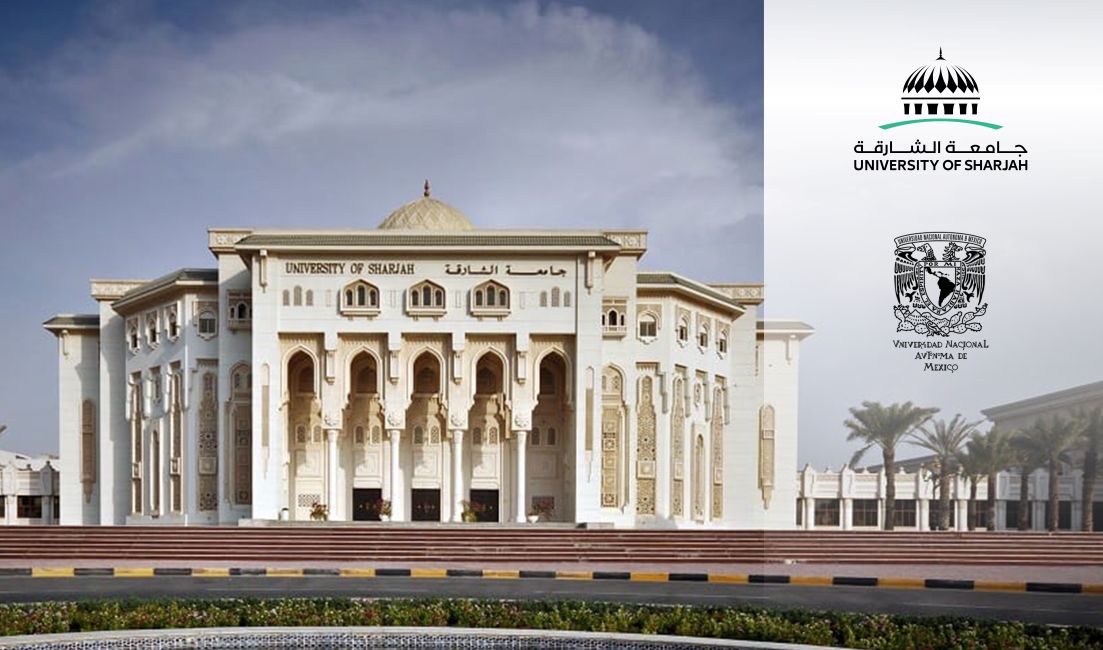
Welcome to Scientific Heritage and Tourism, a groundbreaking course designed to explore the powerful relationship between scientific heritage and the tourism industry. Developed through a unique collaboration between the University of Sharjah's College of Communication and the National Autonomous University of Mexico (UNAM), this course invites you to dive into the ways scientific discoveries, historical innovations, and technological milestones contribute to shaping tourism on a global scale. From exploring the preservation of scientific landmarks to understanding the role of education and culture in tourism, this course offers a comprehensive perspective on how the past and present scientific legacies influence the future of travel and cultural exchange. Whether you're passionate about tourism, heritage preservation, or scientific communication, this course will equip you with the knowledge and tools to critically engage with the ever-evolving world of scientific tourism.
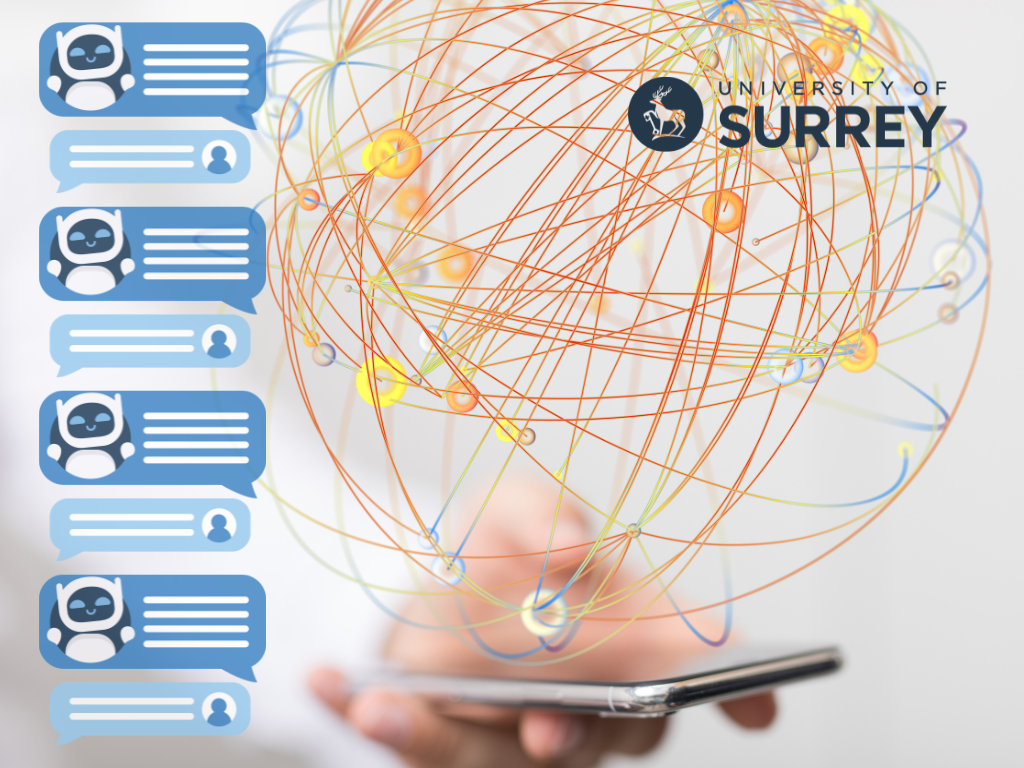
This MOOC (Massive Open Online Course) is designed to equip tourism researchers and practitioners, AI and chatbot developers, as well as policymakers with the ability to design chatbots that deliver digital nudges, addressing behavioral biases, and promoting responsible tourism practices.

This MOOC (Massive Open Online Course) is designed to equip tourism researchers and practitioners, AI and chatbot developers, as well as policymakers with the ability to design chatbots that deliver digital nudges, addressing behavioral biases, and promoting responsible tourism practices.
